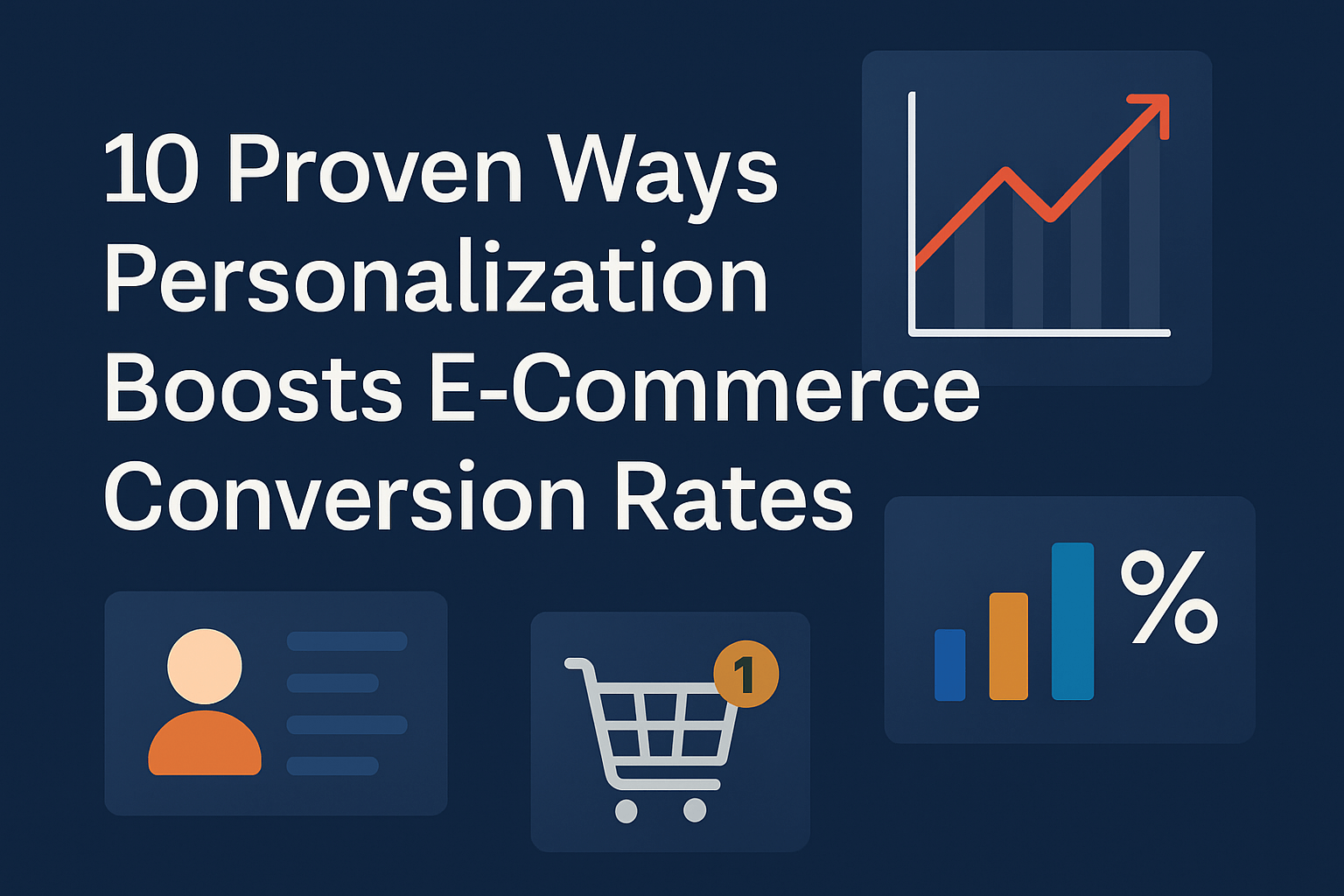How to market a product online - proven strategies for success
In today’s digital-first world, knowing how to market a product online is crucial for ecommerce businesses and SaaS companies. With so many options available, standing out from the competition requires a strategic approach and a deep understanding of your target audience.
If you're looking to succeed in marketing products online, this guide outlines key strategies, platforms, and tips for reaching your audience and driving conversions.
1. Understand your target audience
The foundation of any effective online marketing strategy is understanding who your ideal customer is. Before you start marketing products online, take the time to build detailed customer personas. Ask yourself:
- Who is your product for?
- What are their demographics (age, location, income)?
- What are their pain points or challenges?
- How does your product solve these problems?
By answering these questions, you can create content and ads that resonate with your audience, making your online product marketing strategies more effective.
2. Build a compelling website or landing page
Before diving into advertising, you need to make sure that your website or landing page is optimized for conversions. A strong product page should:
- Clearly communicate the benefits of your product
- Feature high-quality images and videos to showcase your product
- Include testimonials or reviews to build social proof
- Have a clear, compelling call-to-action (CTA)
A well-designed, user-friendly site will improve your conversion rates and make it easier to market a product online effectively.
3. Leverage social media marketing
Social media platforms are powerful tools for marketing products online. With billions of users across platforms like Facebook, Instagram, and LinkedIn, you can use targeted ads and organic content to reach your audience.
Paid social media advertising
Paid social media ads are one of the most effective ways to advertise a product online. Platforms like Facebook and Instagram allow you to target your ads based on age, location, interests, and behavior, ensuring your message gets in front of the right people.
- Facebook ads - ideal for targeting a broad audience with visual ads.
- Instagram ads - excellent for visually appealing product showcases, especially for lifestyle products.
- LinkedIn ads - best suited for B2B companies and SaaS products targeting professionals.To make your ads effective, use high-quality visuals, create engaging ad copy, and offer a clear CTA such as "Buy Now" or "Sign Up for a Free Trial."
Organic social media content
In addition to paid ads, focus on building a strong organic social media presence. Regularly post engaging content, including product demos, behind-the-scenes looks, or user-generated content. This helps build brand awareness and trust, essential components in online product marketing strategies.
4. Use email marketing to nurture leads
Email marketing remains one of the highest ROI channels for marketing products online. It allows you to communicate directly with potential customers, offering personalized recommendations, promotions, and reminders.
Build and segment your email list
Start by building a list of subscribers through opt-in forms on your website or landing pages. Offer incentives like discounts or free resources in exchange for their email address. Then, segment your list based on factors such as browsing behavior, purchase history, or engagement level. This enables you to send more targeted, relevant emails that increase the likelihood of conversion.
Personalize and automate campaigns
Email marketing tools like Mailchimp or Klaviyo allow you to automate campaigns, such as welcome emails, abandoned cart reminders, and post-purchase follow-ups. Personalization is key - use the recipient's name, recommend products based on their past interactions, and offer timely discounts.
5. Optimize for SEO and content marketing
Search engine optimization (SEO) is crucial for driving organic traffic and visibility when you market a product online. By optimizing your website and product pages for relevant search terms, you increase the likelihood of being discovered by users actively searching for products like yours.
Use targeted keywords
Conduct keyword research to identify terms your audience is searching for, such as “best running shoes” or “affordable SaaS solutions.” Optimize your product pages, blog posts, and meta descriptions with these keywords. For example, using SEO phrases like "how to market a product online" and "how to advertise a product online" can help you rank higher in search engine results.
Create valuable content
In addition to product descriptions, use content marketing to build trust and educate your audience. Write blog posts, create videos, or design infographics that provide value to your target customers. For example, a SaaS company might publish a guide on "how to increase productivity with project management software" to attract potential leads. Over time, this content will help boost your SEO ranking while positioning your brand as an industry expert.
6. Use influencer marketing
Influencer marketing is another effective strategy to market products online, especially if you're targeting a younger demographic. Partnering with influencers who have a strong following in your niche can amplify your brand’s reach and boost credibility.
Look for influencers whose followers align with your target market and who have an engaged audience. You can send them free products in exchange for a review or sponsor a post where they promote your product to their audience. Keep in mind that authenticity matters - choose influencers who genuinely align with your brand values.
7. Run Google Ads for immediate traffic
Google Ads is an essential tool for anyone looking to advertise a product online and drive immediate traffic to their website. By targeting specific keywords that your customers are searching for, you can display your product at the top of search results or across Google’s Display Network.
Keyword targeting
Use keyword targeting to ensure your ads show up when users search for terms relevant to your product, such as "buy eco-friendly water bottles" or "best CRM software." Combine this with well-written ad copy and landing pages optimized for conversions.
Retargeting ads
Google Ads also offers retargeting options, allowing you to reach users who previously visited your site but didn’t make a purchase. These ads are a powerful way to remind potential customers about your products and bring them back to complete the sale.
8. Analyze and adjust your strategies
Finally, the key to long-term success in online product marketing is analyzing your efforts and making data-driven adjustments. Use analytics tools like Google Analytics, Facebook Insights, or your email marketing platform's data to monitor performance. Track metrics such as:
- Conversion rates
- Cost per acquisition (CPA)
- Return on ad spend (ROAS)
By regularly reviewing these metrics, you can identify which channels and strategies are delivering the best results and optimize your campaigns accordingly.
Conclusion
Learning how to market a product online effectively requires a multi-faceted approach. From social media and email marketing to SEO and paid ads, each element of your strategy should work together to engage your audience, drive traffic, and convert visitors into customers. By following the online product marketing strategies outlined in this article, you can build a powerful and scalable plan to increase visibility and grow your business online.
Use the power of ConversionWax to boost your conversions today
Start your free trial of ConversionWax to optimize, personalize and schedule content on your website to help market your products and boost online conversions.
-

10 Proven Ways Personalization Boosts E-Commerce Conversion Rates
-

How to increase your website sales
-

Mastering ecommerce product page optimization
-

Ecommerce content optimization - strategies to drive conversions
-

Product page SEO best practices
-

Create a winning ecommerce strategy
-

Ecommerce optimization - strategies to boost your online store's performance
-

Ecommerce best practices - how to enhance performance, attract customers, and grow sales
-

How to increase online sales - proven strategies to boost your business
-

How to market a product online - proven strategies for success

